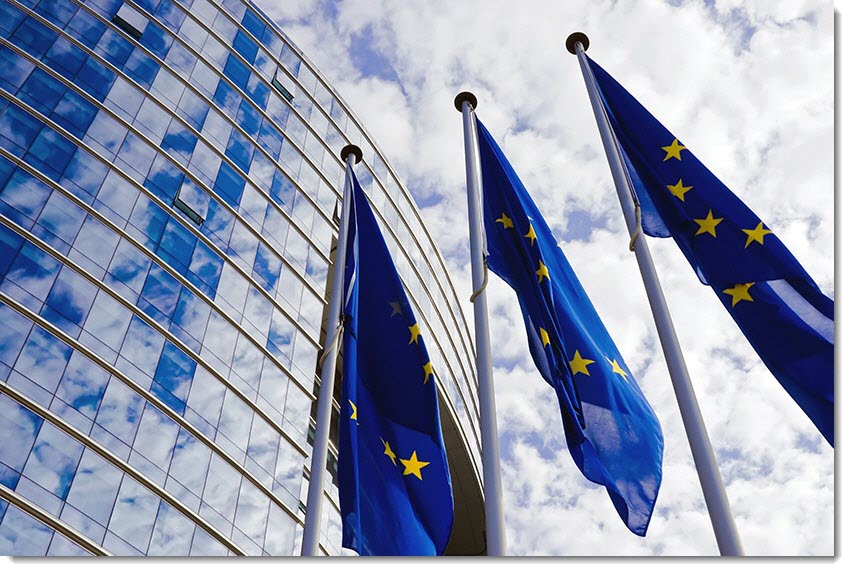
10/01/2025
EU Insight 10 January 2025
Brussels, 10 January 2025
NEW YEAR, NEW PRESIDENCY OF THE COUNCIL: POLAND’S TURN
With the turn of the year, Poland took over the Presidency of the Council of the European Union from Hungary, a mandate which will last until 30 June. Poland’s work will be guided by its Presidency’s motto “Security, Europe!”, and is set to prioritise defence, as well as also ensuring energy, food, and health security, and promoting economic competitiveness. Moreover, given it will transpire during the first operational months of the new Commission, the Polish Presidency will have a particular role in kickstarting legislative work on the Commission’s new work programme. Said role is only heightened by imminent start of Trump’s second presidency.
THE EU BRACES FOR TRUMP’S PRESIDENTIAL INAUGURATION
Weeks before setting foot in the Oval Office, Donald Trump’s incoming administration has already put world leaders on high alert, due to, amongst others, his recent remarks over a potential US annexation of Greenland and Panama. While individual Member States like Denmark, Germany and France have firmly rejected the idea, there has been no common EU response. Similarly, Elon Musk, who will be an advisor to Trump, publicly endorsed and provided a platform for Germany’s far-right party (AfD) ahead of the upcoming federal elections. The move, which has been labelled as foreign electoral interference, cements Musk’s support for right-wing populism in Europe. While from the onset, EU-US relations under a Trump Presidency were expected to be anything but smooth, Trump and Musk’s actions feed into the EU’s worries over a troubled future of the transatlantic relationship.
AUSTRIAN COALITION TALKS IMPLODE & LEAD TO APPOINTMENT OF CARETAKER CHANCELLOR
Austrian People’s Party (ÖVP), and current ruling party appointed the Austrian Foreign Minister Alexander Schallenberg to caretaker chancellor. The sudden need for a caretaker arose after former Chancellor Karl Nehammer’s resignation in early January, following the collapse of coalition negotiations between the liberal NEOS, the ÖVP, and the Social Democrats (SPÖ). The negotiations which had been ongoing since the elections in September 2024, fell through over proposed social and economic reforms. Moving forward, Austria’s far-right party (FPÖ), who won the September elections, has now been tasked with forming a government. If successful, the party’s leader Herbert Kickl, would be Austria’s first far-right chancellor, and join the ranks of a growing number of right-wing heads of state across the EU.
COMMISSION SETS UP PROJECT GROUPS TO COORDINATE FUTURE LEGISLATIVE WORK
Gearing up to kickstart legislative work in this new mandate, Commission President Ursula von der Leyen has established so-called Project Groups, reflecting the Commission’s policy priorities for the next year. The fourteen groups will focus on horizontal and cross-cutting areas in strategic fields and are meant to enable coordination within the Commission and between the different Commissioners whose portfolios overlap on given legislation. For instance, the Project Group on the Clean Industrial Deal, will be chaired by EVPs Teresa Ribera and Stéphane Séjourné and Commissioner Wopke Hoekstra, and should thus facilitate coherent development and implementation of policy on the topic by the three Members of the College and their teams.
FRANCE’S POLITICAL DISARRAY CONTINUES AFTER NEW GOVERNMENT FORMED IN DECEMBER
After the fall of Michel Barnier’s government in December over budget talks, French President Macron appointed François Bayrou as the new Prime Minister. Under Bayrou, the new government includes well-known figures in the French political scene, such as former French Prime Ministers Elisabeth Borne and Manuel Valls, outgoing right-wing members of the previous government as well as new members from the centre and the left. The newly appointed government has still yet to come up with a new budget for 2025, which is proving difficult in the endless political and institutional crises facing France, and without the necessary majority needed in the French Parliament. At this pace, the prospect of snap-parliamentary elections as of June seems increasingly likely, and it remains a question whether the current government would survive until then.
COMING UP NEXT WEEK
- 15 January: College of Commissioners. On the agenda: Competitiveness compass, annual Single Market and Competitiveness Report.
Tuomas Tierala, Managing Partner Brussels, Kreab
_________________________________________________________
Kreab • Tel: +32 2 737 6900 • tuomas.tierala@kreab.com • www.kreab.com/brussels • X: @KreabEU • LinkedIn: Kreab Worldwide
